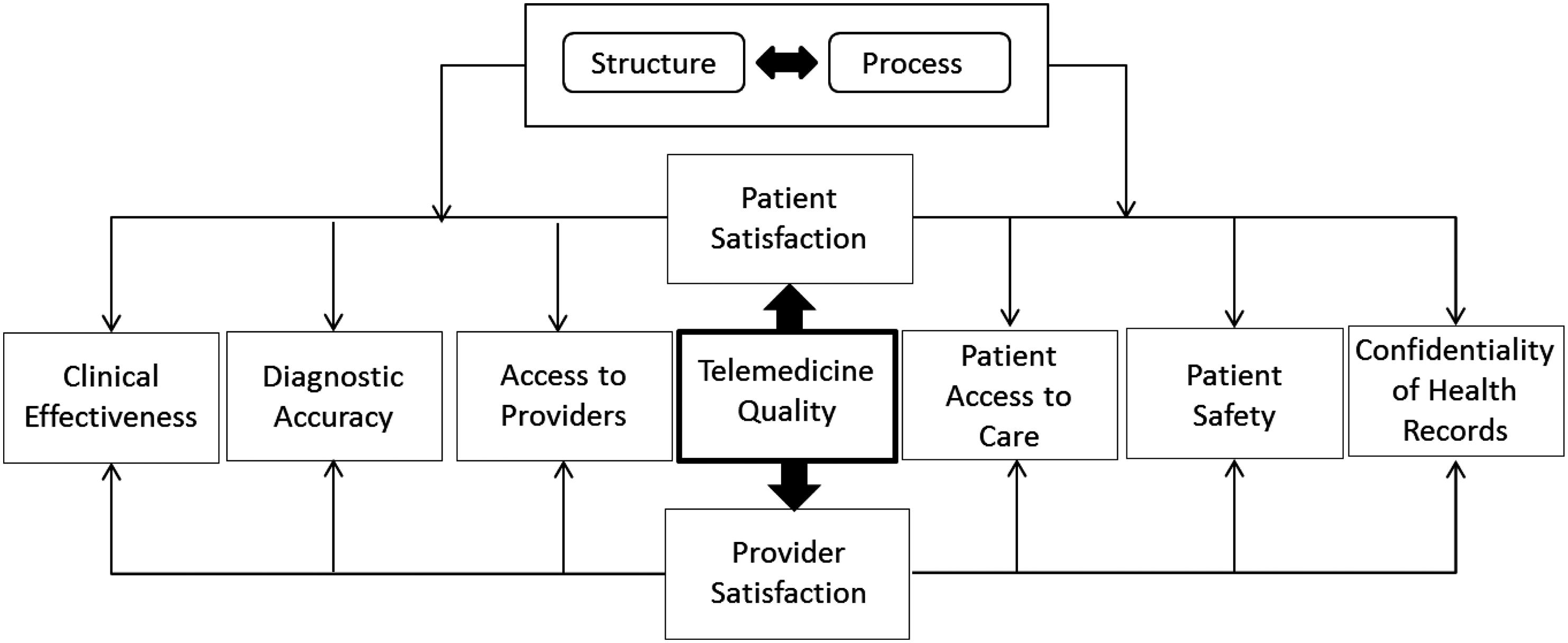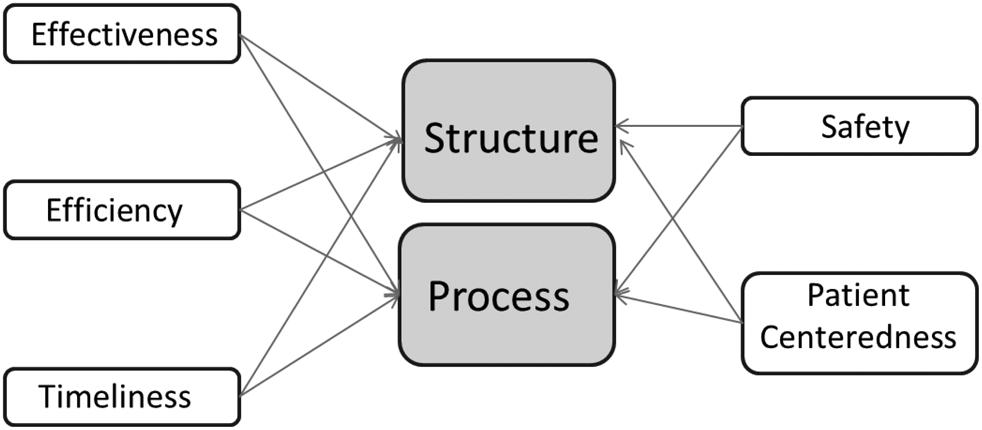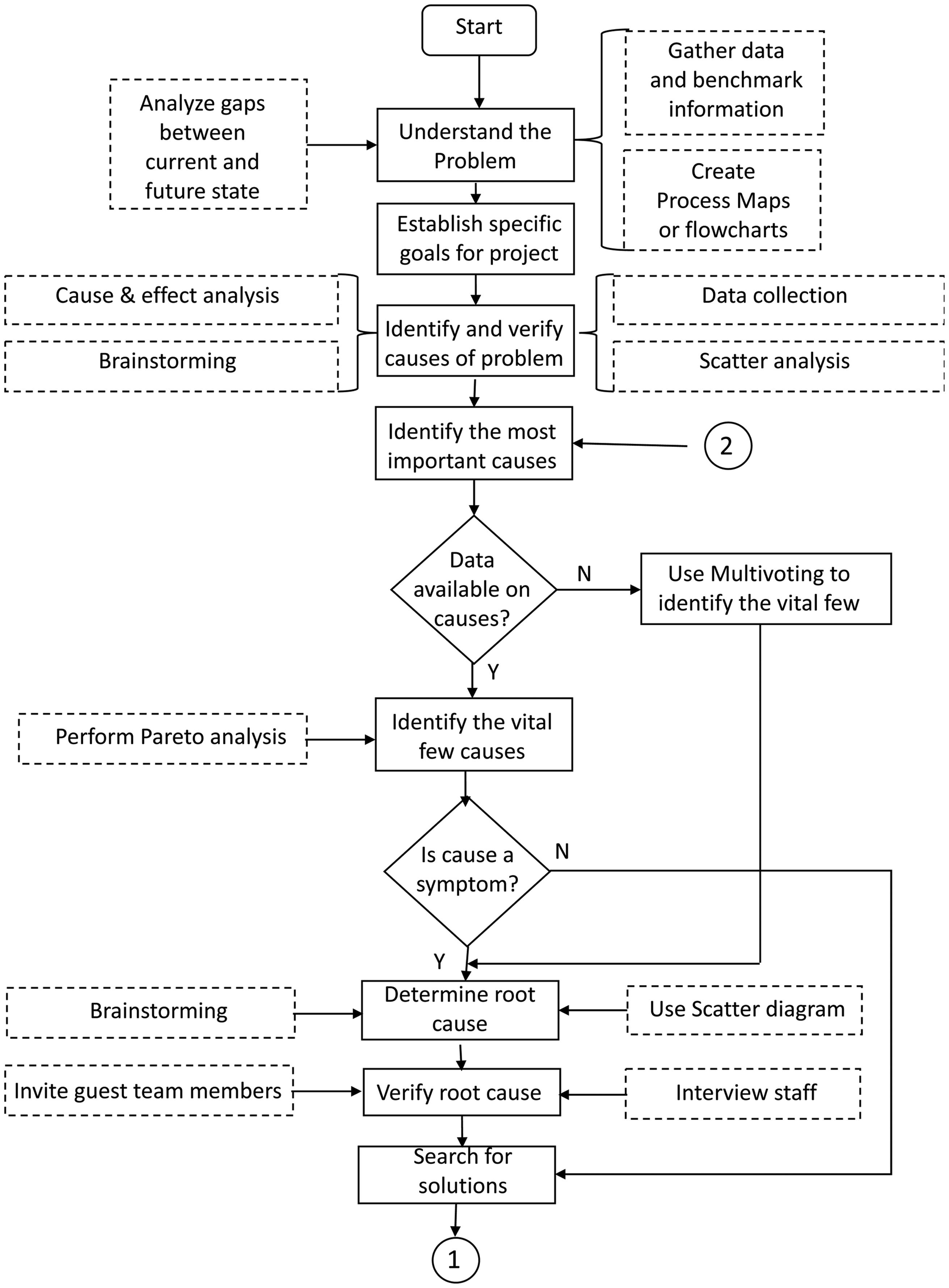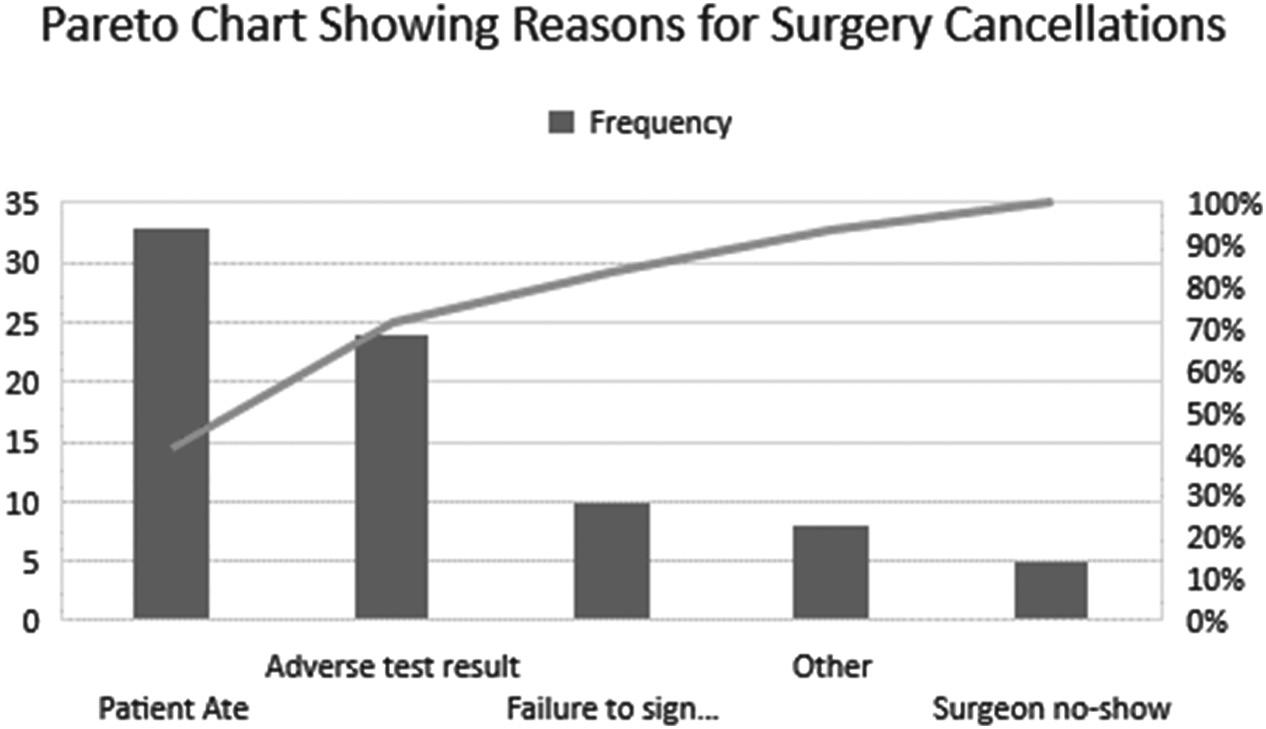36 ◾ Healthcare Value Proposition
complaint. A chief complaint is the medical term to describe the patient’s primary problem that led him/her to seek medical attention and about which he/she is most concerned. The chief complaint is a patient’s selfreported primary reason for presenting for medical care. The physician obtains this chief complaint in the initial part of the visit when the medical history is taken. It will be elicited by asking the patient what brings him/her to be seen and what major symptoms or problems he/she is experiencing. Even when a physician determines the chief complaint must take a backseat to a more urgent or critical issue, the necessary communication is still vital to the patient’s notion of value.
Empathy, Sensitivity, and Compassion Empathy is defined as “the ability to understand and share the feelings of another.” It is the capacity to put oneself in another’s shoes, feel what that person is enduring, and share his/her emotions. Empathy is the recognition and validation of a patient’s fear, anxiety, pain, and worry. Moreover, it is the ability to facilitate more accurate diagnoses and more caring treatment (MedicalGPS, 2016). Research presented at the 2016 Annual Meeting of the American Academy of Orthopaedic Surgeons (AAOS) linked patientperceived physician empathy with improved outcomes and medical care satisfaction. According to the study, 65 percent of patient satisfaction was attributed to physician empathy. Many other studies have recognized empathy’s impact on improving health outcomes and its significance to patient care. Empathy extends far beyond a patient’s medical history, signs, and symptoms. It is more than a clinical diagnosis and treatment. Empathy encompasses a connection and an understanding that includes the mind, body, and soul. It is a highly effective and powerful communication tool that can help build patient trust, calm anxiety, and improve health outcomes (MedicalGPS, 2016). Research conducted at Massachusetts General Hospital and published in the Journal of General Internal Medicine in 2012 revealed that empathy in healthcare was essential to the formation of strong patientphysician relationships, positive patient outcomes, and overall satisfaction with the experience (Riess et al., 2012). The following excerpt from a patient interview illustrates the point of empathy, sensitivity, and compassion: After checking in, I returned to the crowded waiting area to wait until I am called. One of the ladies from the back called out my











